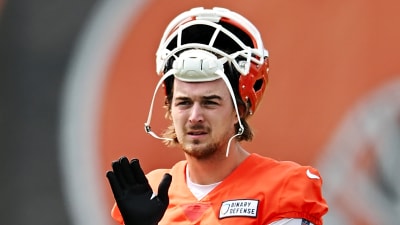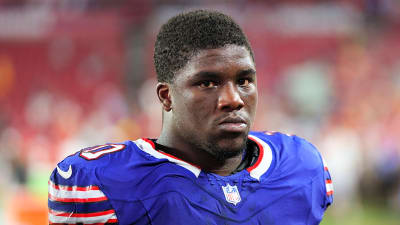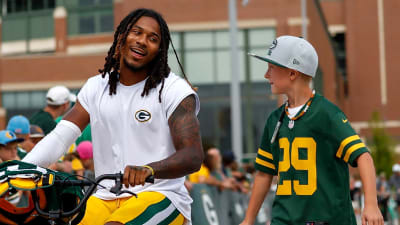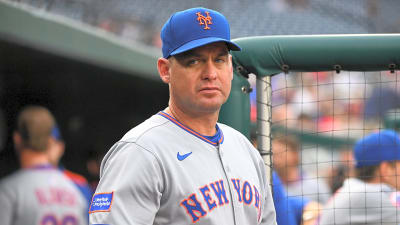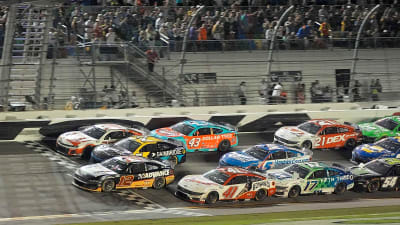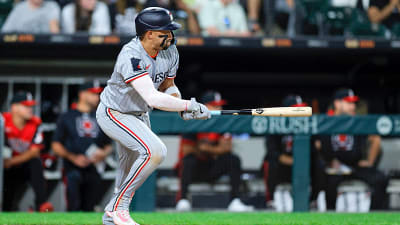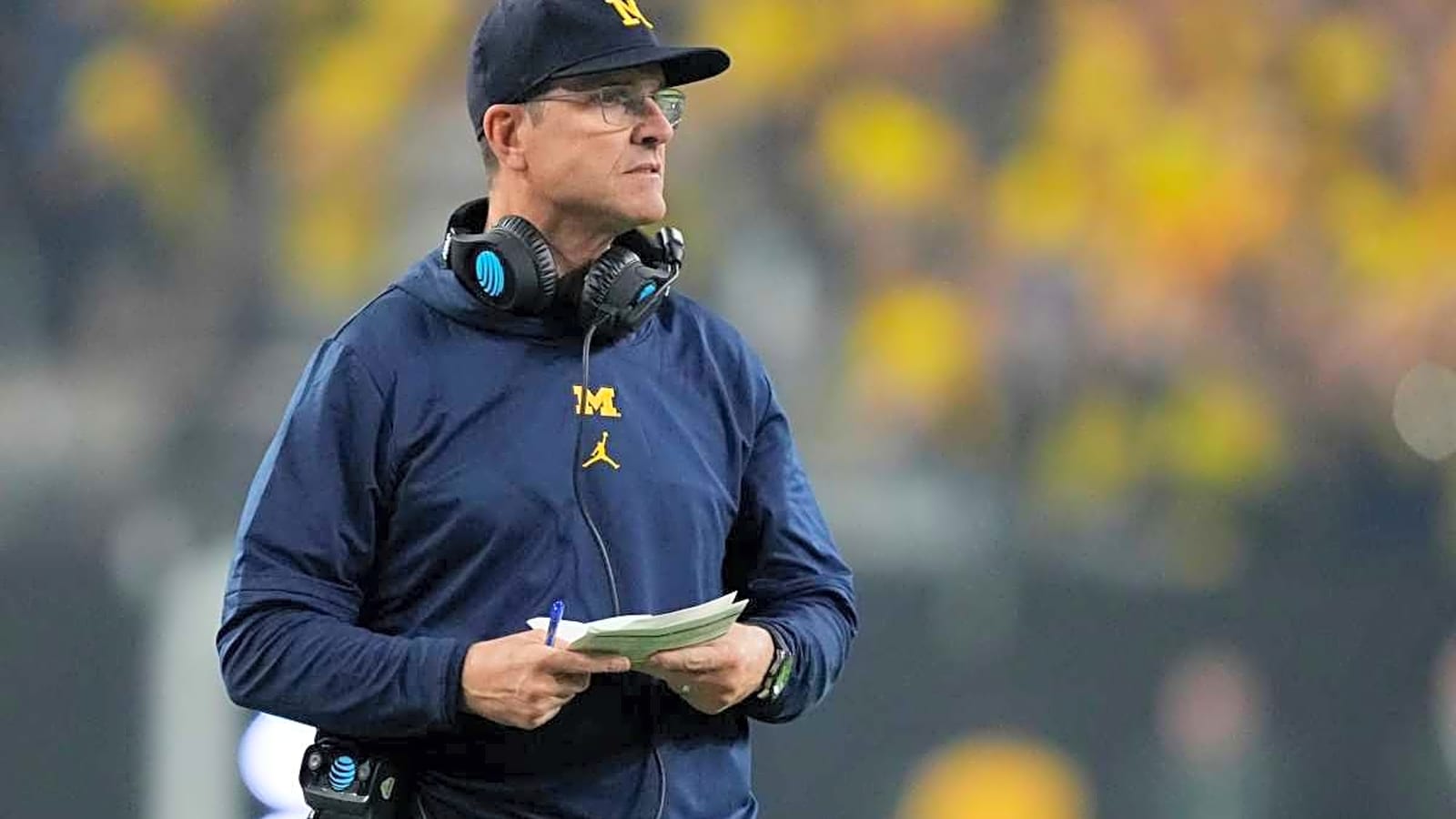
Upon the conclusion of the NCAA's investigation into Michigan's sign-stealing scandal, which occurred during the program's 2023 title run, a slew of punishments have been dished out.
ESPN's Pete Thamel reported that the program is expected to receive fines that could surpass the $30 million mark. Head coach Sheronne Moore will be suspended for a game, bringing his total for games suspended to three on the year. The NCAA also handed out an eight-year show-cause penalty for former staffer and apparent mastermind of the operation, Connor Stalions.
Although the program's former head coach from 2015-23, Jim Harbaugh, is the current Los Angeles Chargers head coach and is no longer under the NCAA's jurisdiction, he was also on the receiving end of a 10-year show-cause penalty.
Whether or not he will receive a punishment of any kind that will affect his time with the Chargers is a different discussion.
Will Jim Harbaugh Be Suspended?
The NCAA may have hopes that the NFL would do them a solid and punish Harbaugh for being a part of one of college football's most controversial cheating scandals, but according to ESPN NFL analyst Mine Kimes, that will not be happening.
The NFL isn't interested in enforcing NCAA rulings when it comes to Jim Harbaugh pic.twitter.com/SM0rIIlN7B
— Yahoo Sports (@YahooSports) August 22, 2025
While this doesn't necessarily impact Harbaugh at the NFL level, it would hurt him in a big way if he were to return to college football.
"Those essentially act as barriers to schools hiring them in the future," Thamel wrote. "Harbaugh's new show-cause penalty will not begin until after he serves a current four-year show-cause that runs through 2028 from a previous NCAA case."
Why Didn't the NCAA Ban Michigan From the Postseason?
In years past, a scandal like this would have resulted in the NCAA imposing severe sanctions on a program. Whether it was SMU receiving the "death penalty" in 1987 for paying players by boosters, or USC being hit with a two-year postseason ban in 2010 as a result of Reggie Bush receiving improper benefits, the NCAA has a past of harsh punishments.
However, despite finding that Michigan committed six Level 1 violations, the NCAA had a simple explanation for why there was no postseason ban; those who committed the crime are no longer a part of the program.
"The panel determines that a postseason ban would unfairly penalize student-athletes for the actions of coaches and staff who are no longer associated with the Michigan football program," the committee wrote via ESPN. "Thus, a more appropriate penalty is an offsetting financial penalty."
The Wolverines will look to put this behind them next week, as they open the season on Saturday, Aug. 30, against New Mexico. As for Harbaugh, he and the Chargers have one final preseason game on Saturday against the San Francisco 49ers.
More must-reads:
- Ravens sign two-time Pro Bowl safety to four-year extension
- 49ers to sign two-time Super Bowl champion WR
- The 'NFL sack leaders since 2015' quiz
Breaking News
Trending News
Customize Your Newsletter
 +
+
Get the latest news and rumors, customized to your favorite sports and teams. Emailed daily. Always free!
